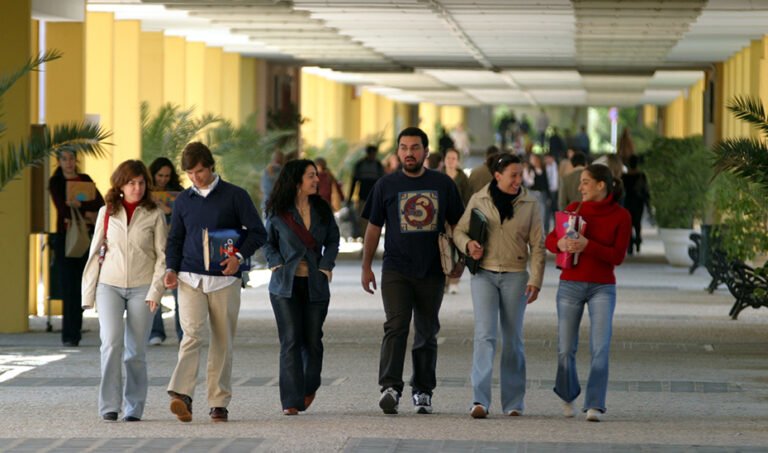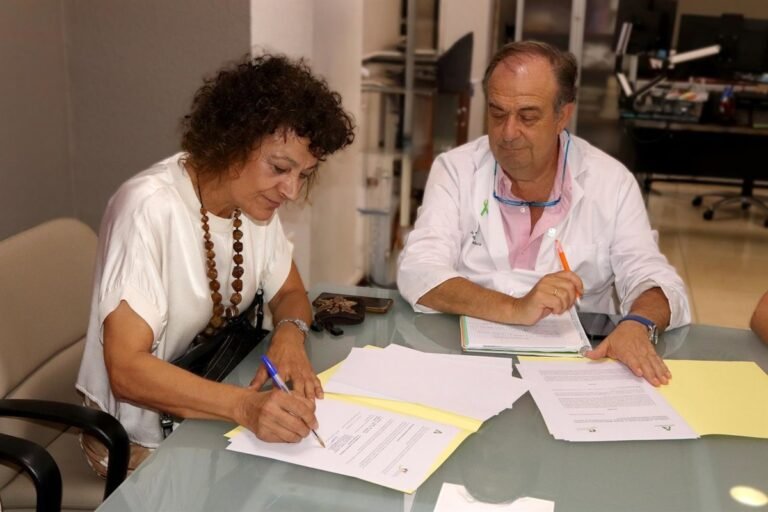
The General Directorate of Public Health and Pharmaceutical Management of the Ministry of Health and Consumer Affairs of the Andalusian Regional Government has declared the closure of the last measles outbreak that was active in the community, specifically in the municipality of Torrox, Malaga, consisting of six cases (two within the family and four secondary cases). Since January 1 of this year, 12 outbreaks have been declared and a total of 89 cases of measles have been recorded, with the latest on June 5.
This figure represents 29% of the cases reported in Spain. In the country as a whole, as of last Sunday, 309 confirmed cases of measles have been reported, of which 94 are imported, 87 are related to imported cases, and 128 have an unknown source. The autonomous communities with the most confirmed cases have been Andalusia, Basque Country with 49 cases (16%); Catalonia with 48 cases (16%); Balearic Islands with 35 cases (11%); and Melilla with 30 cases (10%).
In Andalusia, 22% of the cases have been imported cases, originating from Morocco (17), Belgium (one), Denmark (one), and the United Kingdom (one). Of the non-imported cases, 24 cases are isolated cases where the source of infection is unknown (six cases in the municipality of Malaga, six in Vera, two in Marbella, one in Cuevas de Almanzora, one in Chirivel, one in Velez-Malaga, one in Torremolinos, one in Alora, one in Casabermeja, one in Calañas, one in Huelva, one in Palos de la Frontera, and one in Granada).
Ten cases have been diagnosed with measles in children under one year old. 34% have been under 15 years old and 66% adults (ranging from 15 to 70 years). Only two cases (2%) had a documented history of vaccination with one dose, the rest of the cases were either unvaccinated or their vaccination status could not be determined (including cases from Morocco). 28% of the cases required hospitalization.
By provinces, Almería has recorded 17 cases since the beginning of the year (one in Adra, three in El Ejido, one in Níjar, one in Roquetas de Mar, one in Cuevas del Almanzora, one in Chirivel, and nine in Vera); Granada, a total of four cases in the capital; Huelva, 16 cases (one in Calañas, two in Gibraleón, one in Huelva, four in Lucena del Puerto, two in Moguer, three in Palos de la Frontera, one in San Bartolomé de la Torre, and two in San Juan del Puerto); Malaga is the province with the highest number of confirmed cases: a total of 51 (one in Álora, one in Casabermeja, ten in Fuengirola, 18 in Malaga capital, two in Marbella, seven in Mijas, one in Nerja, one in Ojén, one in Rincón de la Victoria, one in Torremolinos, two in Vélez-Málaga, and six in Torrox) and, finally, one case in Seville capital.
Situation Analysis
Since the last weeks of May, the incidence of confirmed cases has shown a decreasing trend. In fact, the last confirmed case based on the date of rash onset corresponds to the first week of June. Since week 10 (March 3-9), the cases have occurred mainly in adults (primarily between 26 and 47 years old). Most cases have been imported from Morocco, related to imported cases, or associated with outbreaks.
Only 28% of the cases required hospitalization and there have been no fatalities. The confirmed active outbreaks have mainly been family outbreaks in adults with a small number of cases, few generations of cases, and limited transmission in the healthcare setting. Since mid-May, no new outbreaks have been reported and currently there are no active outbreaks.
Health and Consumer Affairs emphasizes, as confirmed by this year’s data, that measles is an infection that is easily transmitted, can be severe, and can affect both unvaccinated children and adults. For this reason, it insists on vaccinating children according to established guidelines and on vaccinating adults who are not aware of their vaccination status to protect those who cannot be vaccinated. Additionally, it recommends vaccination with the MMR vaccine for individuals traveling to countries with measles outbreaks, in order to prevent contracting the disease and spreading it upon returning home, as it is the best way to prevent the disease.
Although the current trend is very positive, Public Health recommends staying vigilant and maintaining all measures outlined in the updated measles surveillance and alert protocol for a possible resurgence of the disease, especially after the summer.






